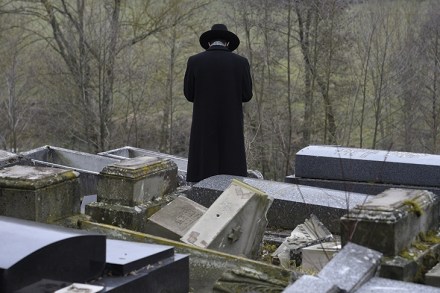Unexpectedly delicious
‘Food experiences,’ writes Michael Flanagan in his paper ‘Cowpie, Gruel and Midnight Feasts: Food in Popular Children’s Literature’, ‘form part of the daily texture of every child’s life… thus it is hardly surprising that food is a constantly recurring motif in literature written for children.’ Though Helen Oyeyemi’s sixth novel, Gingerbread, is far from a novel for children, it is steeped in the tradition of the Brothers Grimm, Roald Dahl, L. Frank Baum, even Lemony Snicket. But this being the work of Oyeyemi, these initial influences are soon turned inside out, reimagined and repurposed by one of our most singular and inventive contemporary voices. The great joy of Oyeyemi’s work





















